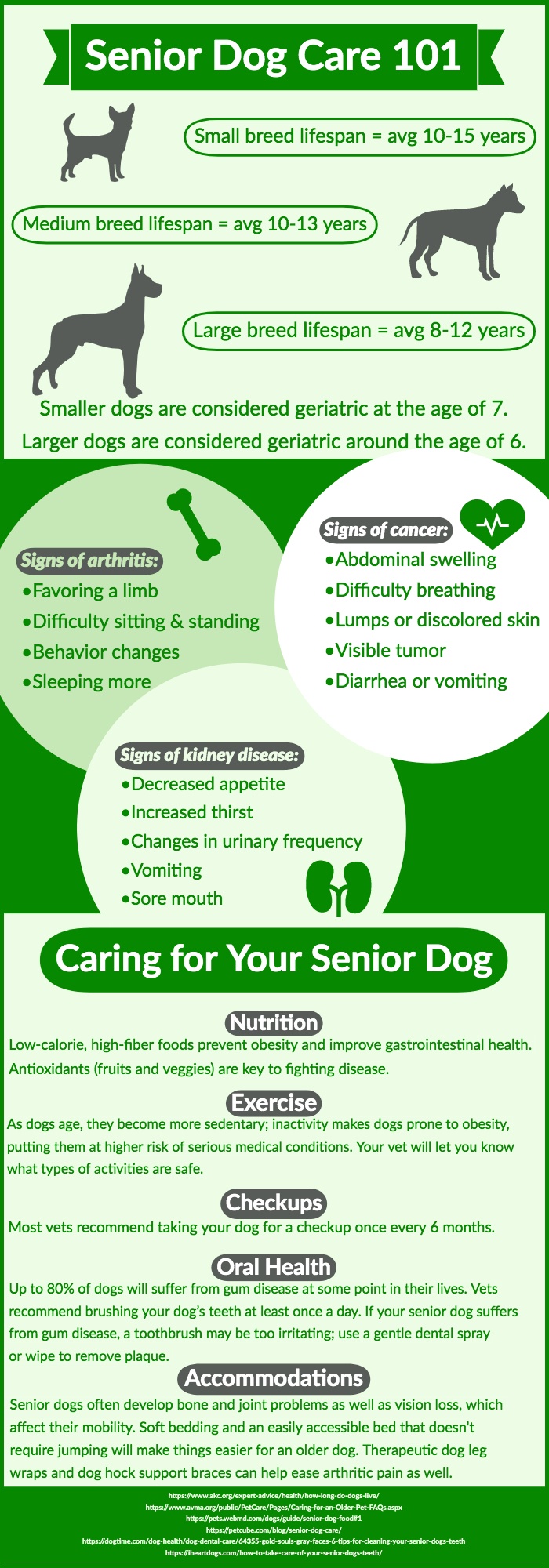How Much Does It Cost To Adopt A Dog
How Much Does It Cost To Adopt A Dog
Blog Article
Can Canine Day Care Cause Illness?
Pets in day care receive great deals of exercise, socialization with various other pet dogs and special experiences. This can be particularly helpful for pups and pet dogs with behavioral issues.
There are numerous lawful factors to consider you need to consider when starting a dog day care organization. These consist of the framework of your organization and conformity with federal government regulations.
1. Canine Distemper
Canine distemper is spread with direct contact with the physical liquids and waste of a contaminated pet, yet it can also be transmitted via shared water and food bowls or with airborne droplets. This extremely transmittable health problem is most unsafe for pups, yet it can influence pets of any age and is fatal for most if left neglected.
Preliminary signs of canine distemper typically simulate an acute rhinitis, consisting of dripping eyes and nose with watery or pus-like discharge. As the condition proceeds, a dog will certainly develop high temperature, coughing, reduced appetite, vomiting and looseness of the bowels. The infection can additionally strike the nerves, causing seizures, shivering and partial or full paralysis.
Reliable daycares lower direct exposure to infection by needing inoculations, routine health examinations and comply with stringent hygiene procedures. If your pup appears extremely weary or hopping, a day of rest may help him recover, but you need to stay clear of taking him back to day care up until these signs clean up.
2. Kennel Cough
Kennel cough, also called contagious canine tracheobronchitis or Bordetella, is an extremely infectious viral or bacterial disease that influences the respiratory system system. It's frequently transferred with the exchange of saliva or air droplets that a sick pet breathes out. Social pet dogs are at higher threat for infection because of their regular interaction with each other, such as when they play, share food or water, smell one another or simply fulfill in a jampacked atmosphere like a canine park or daycare.
One of the most typical symptom of kennel coughing is a relentless and powerful cough that seems like something stuck in the throat or retching. Often, dogs will certainly spend frothy white phlegm. If left untreated, a dog can create pneumonia and go to major risk permanently.
A respectable daycare center must have strict cleaning and hygiene procedures, sanitize all playthings, food and water bowls on a regular basis, and be open regarding their inoculation plans. Keeping your dog as much as date on their vaccinations, especially for bordetella and canine influenza, will greatly lower their possibilities of contracting the health problem.
3. Parvovirus
Canine parvovirus, or parvo, is a highly transmittable viral health problem that can be fatal for pups and young person dogs with inadequate immune systems. It's most commonly spread out by direct contact boarding training dogs near me with infected canine feces-- which can take place when canines smell, lick, or taste infected feces-- and indirectly from infected people, things, or atmospheres (like kennels, grooming areas and lawns). Pups and pet dogs without complete inoculation histories are particularly at risk to parvo.
The infection is extremely resistant, making it through in the setting for as much as nine years, and can quickly be transferred in between dogs by get in touch with through feces or on footwear, clothing, and bed linens contaminated with parvovirus. Otherwise dealt with right away with IV fluids, electrolyte balance, throwing up control medicines and anti-biotics to prevent second bacterial infections, a pet will rapidly dry out and develop extreme diarrhea, which causes shock and sepsis. Parvo is tough to cure when a dog has actually become ill, however with ideal veterinary treatment, many young puppies do endure this disease.
4. Dog Flu
Dog flu virus is extremely transmittable and spreads through straight call, sharing food and water bowls, licking or nuzzling other pet dogs, via airborne droplets, and via contaminated surface areas. Vaccination is effective in decreasing the threat of infection and outbreaks.
Many influenced dogs establish a light respiratory infection with a cough that lasts 1-3 weeks. They might also have nasal and ocular discharge, sneezing, and sleepiness. Some of the most significant cases lead to pneumonia and a high fever.
If your pet exhibits any of these signs, do not bring them back to childcare until they are healthy and balanced. If your pet is showing indicators of extreme tiredness or hopping, talk to your vet today and make sure they are on healthiness supplements to assist construct their resistance. A veterinarian will examine your pet for symptoms of the influenza by taking an example from the nose or throat, and blood examinations can be done to confirm.